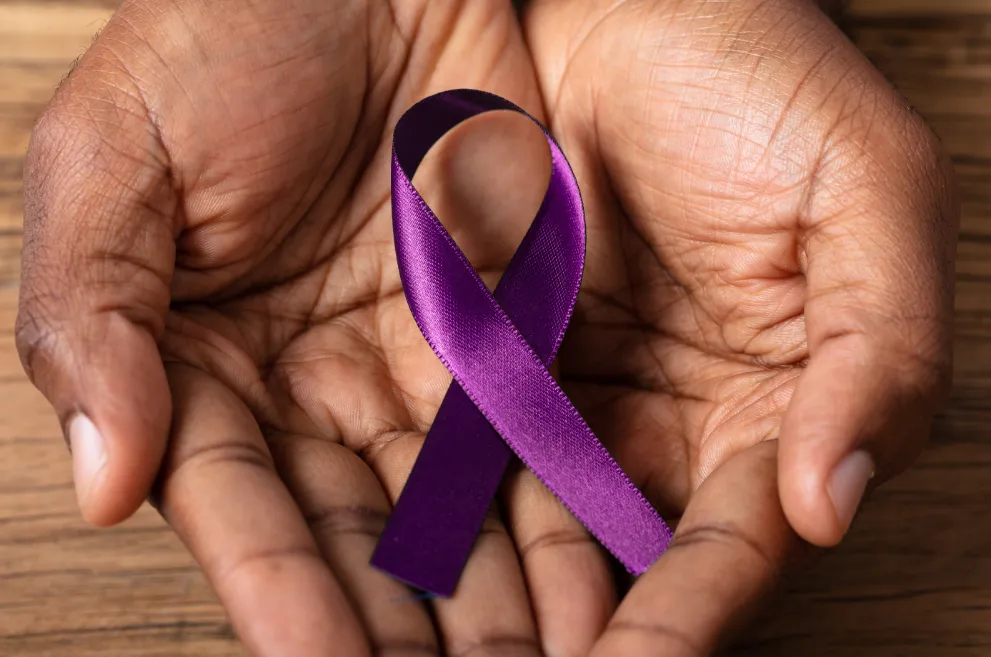Written and medically reviewed by Dorcas Morak, PharmD
Alzheimer's and Brain Awareness Month serves as a powerful reminder of the impact of Alzheimer's disease and other forms of dementia on individuals and society. The statistics surrounding these conditions highlight the urgency to raise awareness and take action. Currently, an estimated 47 million people worldwide live with Alzheimer's and other dementias, a number projected to increase to 76 million by 2030 if no significant changes are made. In the United States alone, a new case of Alzheimer's develops every 65 seconds. Moreover, the burden on caregivers is immense, with over 16 million unpaid caregivers providing support to their loved ones. These staggering numbers make Alzheimer's the sixth leading cause of death in the United States, surpassing even prostate and breast cancer combined.The Importance of Alzheimer's and Brain Awareness Month
Given the gravity of the situation, Alzheimer's and Brain Awareness Month plays a crucial role in generating attention and support. By spreading awareness, supporting research, and promoting brain health, we can address the impact of Alzheimer's and other dementias while working towards effective treatments and prevention strategies.
Understanding Alzheimer's Disease
To observe Alzheimer's and Brain Awareness Month effectively, it's essential to educate yourself about Alzheimer's disease and its effects on the brain. Alzheimer's is a progressive form of dementia that adversely affects memory, thinking, and behavior. Dementia is a broader term encompassing various conditions that interfere with daily living, with Alzheimer's accounting for a significant majority (60-80%) of dementia cases.
Contrary to common misconceptions, Alzheimer's is not a typical sign of aging and should never be dismissed as such. While it predominantly affects individuals over 65, there are cases of "younger onset" Alzheimer's, highlighting the need for early detection and intervention.
Treatment and Management
While there is currently no cure for Alzheimer's disease, various treatments are available to help slow its progression and manage symptoms. Medications such as donepezil (Aricept), rivastigmine (Exelon), and memantine (Namenda) may be prescribed based on the disease's stage. A newer medication, aducanumab (Aduhelm), specifically targets protein plaques associated with Alzheimer's and is recommended for those in the early stages of the disease.
Observing Alzheimer's and Brain Awareness Month
There are numerous ways to actively observe Alzheimer's and Brain Awareness Month, contributing to the global effort to understand, prevent, and find a cure for Alzheimer's disease. Consider the following actions:
Educate Yourself: Take the time to learn more about Alzheimer's disease and other forms of dementia to raise awareness and understanding.
Spread Awareness: Share information about Alzheimer's and Brain Awareness Month on social media platforms and encourage others to join the conversation. Use hashtags like **#EndAlz **and #AlzheimersAndBrainAwarenessMonth to raise awareness online.
Volunteer: Offer your time and skills to support Alzheimer's organizations, local care facilities, or community programs that provide assistance to individuals with Alzheimer's and their caregivers.
Wear Purple: Show your support by wearing purple, which symbolizes Alzheimer's awareness, throughout the month.
Donate: Contribute to Alzheimer's research and support programs by donating to reputable organizations working in the field.
Advocate for Policy Changes: Contact your local representatives to raise awareness about Alzheimer's disease and advocate for increased funding for research, improved access to care, and better support for caregivers.
Host Fundraising Events: Organize fundraising events such as walks, runs, or bake sales to raise funds for Alzheimer's research and support programs.
Share Personal Stories: Share your own experiences or stories of individuals affected by Alzheimer's to help reduce stigma and increase understanding.
Promote Brain Health: Spread the word about healthy lifestyle choices that can help reduce the risk of cognitive decline, such as regular exercise, a balanced diet, mental stimulation, and social engagement.
Advocate for Early Detection: Encourage individuals to seek early diagnosis and intervention if they or their loved ones are experiencing memory or cognitive issues.
Additionally, you can help friends and family struggling with Alzheimer's or dementia learn about ways to make treatment more affordable. The cost of Alzheimer's medications can be a significant concern for individuals and families affected by the disease. These medications, although helpful in managing symptoms and slowing progression, can be expensive. The out-of-pocket expenses for Alzheimer's medications can vary depending on factors such as insurance coverage and specific drug formulations. Patient assistance programs and generic alternatives can help mitigate the financial burden associated with Alzheimer's medications. And using an RxLess prescription discount coupon, especially in conjunction with opting for generic medications, will guarantee the best price.
Remember, every action, no matter how small, can make a difference in raising awareness and supporting those affected by Alzheimer's disease and other dementias.
















